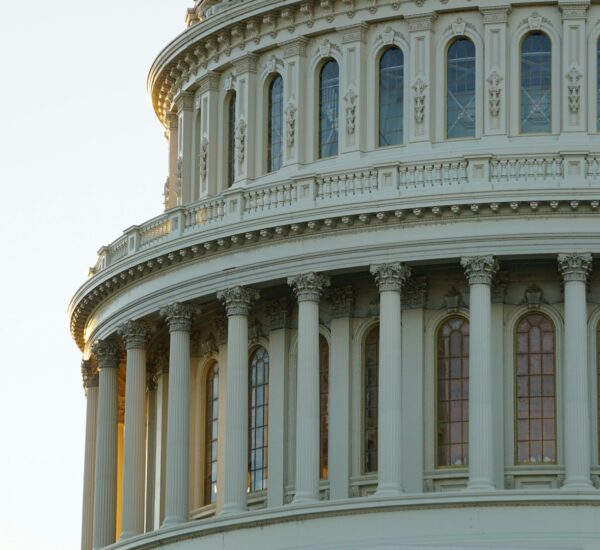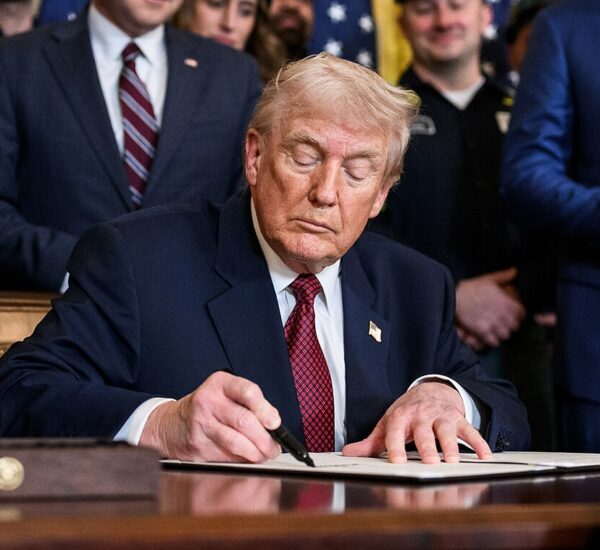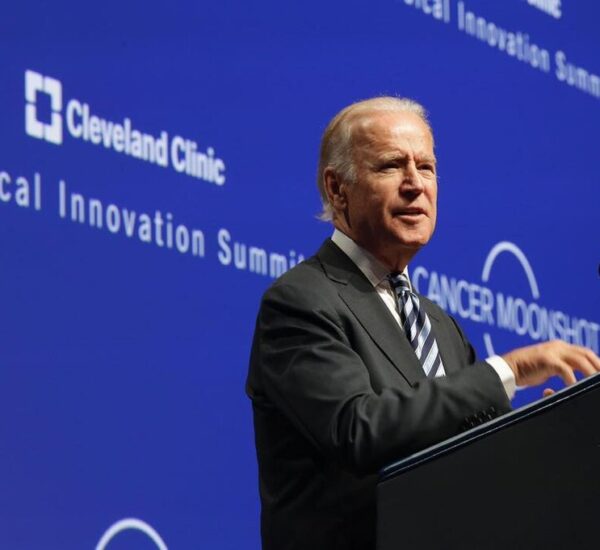Here’s what Americans need to know.
A Republican lawmaker in Ohio has introduced a controversial proposal that could impact how much electricity families and small businesses are allowed to use during times of high demand — sparking concerns over government overreach, energy freedom, and rising utility bills.
State Representative Roy Klopfenstein recently unveiled House Bill 427, which would create a “voluntary demand response program.” This initiative would allow utility companies to temporarily reduce or adjust customers’ energy usage when the power grid is under stress.
While supporters say the program could prevent blackouts and lower electricity costs, critics fear it’s a slippery slope toward mandatory energy rationing, especially as Democrats and environmental activists push radical green energy mandates across the nation.
How the Plan Would Work
Under the bill, Ohio homeowners and small businesses could opt-in voluntarily, giving utilities permission to make temporary adjustments to their power usage during periods of peak demand.
Examples of actions include:
- Raising smart thermostat settings
- Cycling water heaters on and off
- Temporarily slowing certain appliances
Participants would receive compensation in the form of cash payments, bill credits, or annual rebates — while still maintaining the ability to override any changes at any time.
“This legislation is a crucial step to ensure all Ohioans have access to reliable and affordable energy,” — Rep. Roy Klopfenstein, August 27 press release
Why Conservatives Are Concerned
According to the U.S. Department of Energy, there are currently 244 similar demand response programs operating nationwide, mostly targeting large industrial users. This bill expands that reach to individual homes and families.
While the program is currently voluntary, some conservatives warn that future administrations could make it mandatory, especially under pressure from Washington bureaucrats and green energy lobbyists.
“Once government gains control over your thermostat, there’s no going back,” said one Ohio energy watchdog. “What starts as voluntary often ends up being mandatory.”
This proposal comes at a time when millions of Americans are already facing higher energy bills, inflation, and federal policies that push for electric vehicle mandates and natural gas restrictions.
Big Picture: Energy Freedom vs. Centralized Control
The bill follows the recent passage of House Bill 15, also sponsored by Klopfenstein and signed by Republican Governor Mike DeWine, which focused on boosting Ohio’s domestic energy production and reducing reliance on out-of-state suppliers.
Supporters argue that modernizing Ohio’s energy grid is necessary to keep the lights on, particularly during heat waves and winter storms.
However, opponents fear the program could pave the way for centralized control over household energy use, giving utilities — and potentially the government — unprecedented power over private homes.
What Happens Next
House Bill 427 has been introduced but has not yet been assigned to a committee. If passed, the Public Utilities Commission of Ohio (PUCO) would be tasked with reviewing the programs to ensure they are cost-effective and beneficial for consumers.
Conservative voters and watchdog groups are now calling on lawmakers to protect energy independence and prevent federal overreach before it’s too late.
Why This Matters to You
For families and small businesses, this bill could mean:
- Lower electric bills — but only if utilities offer fair compensation
- Potential control over home appliances by outside entities
- Future restrictions that could limit your freedom to heat or cool your home as you choose






